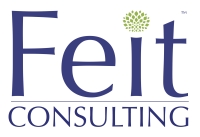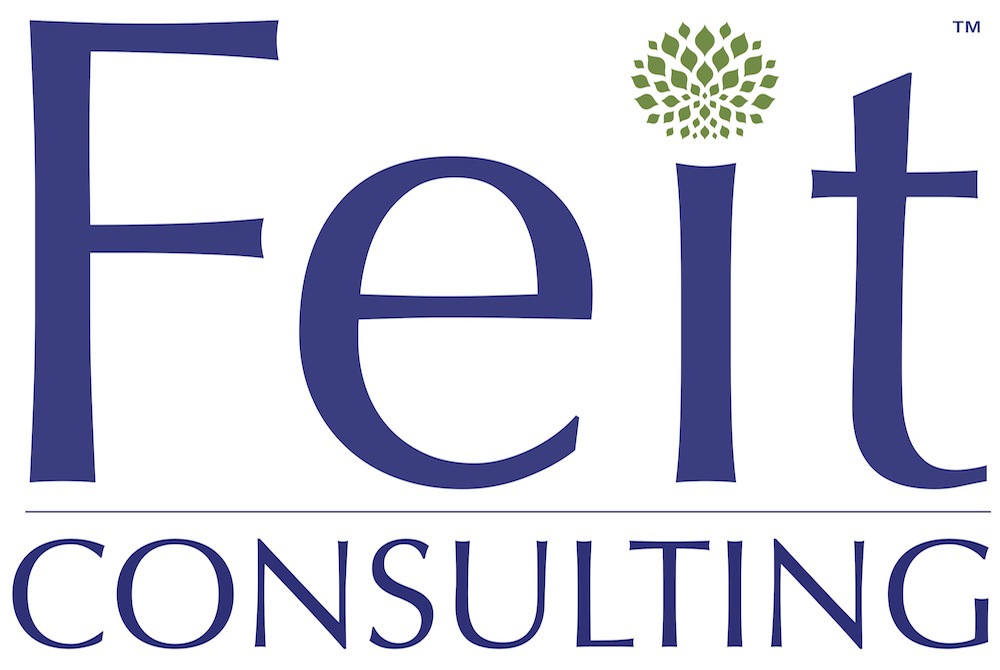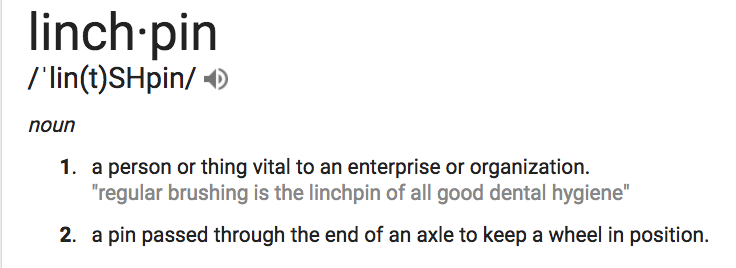By
Michael Feit
|
Modern Law Library
What does it mean to be a Modern Law Library??
The first thing that comes to mind for many is the focus on virtual versus print. Examining the need of both is an essential component. However, the Modern Law Library is more than providing content, it encompasses a proactive approach and mindset, new processes, and utilizing metrics and technology.
Open-mindedness is necessary for transitioning to a Modern Law Library, by both Administrators and the Library team. This includes a flexible approach, meeting change head-on. Consider, “How can I change my habits to actually facilitate change? How can I move out of my mindset of but we have always done it that way? What can I do differently to offer value to my organization and make them see me and my library in a new way?”.
In the Modern Law Library, both Administrators and Librarians recognize and open their minds to allowing librarians and their team to apply their skills differently in the past. While law firms have always depended on library and information professionals to support the research needs of their lawyers, the Modern Law Library is undergoing a paradigm shift. Success now depends on the library taking a more active role in the organization, to help support the day-to-day business of law. One such way is providing interdepartmental support. A few examples of this include:
- Embracing new roles in Conflicts Support for new business intake
- Partnering with Marketing to provide competitive intelligence to support the RFP process
- Partnering with IT to identify and beta-test software
- Driving Knowledge Management
Reviewing how the Library functions, it’s processes and what can be changed to increase collaboration and efficiencies to support the business of law is another necessary component to transitioning to a Modern Law Library. What changes can be made to improve access to content, increase usage?
The Modern Library, a business within a business, is not passive in its approach but rather utilizes metrics and analytics to forecast, predict and analyze data as changes occur. Examine what tools are being utilized to collect data on content needs and usage, how often this data is reported, and how this informs the budget development process. Preparing and monitoring annual budgets and working with Finance on cost and recovery of client-related research are important fiscal initiatives. With the cost of resources continuing to rise, data-analysis tools such as Electronic Resource Management (ERM) are invaluable in analyzing usage, preparing for contract renewals and general collection development. No longer a nice-to-have tool, ERMs are essential as the Modern Library moves away from print towards virtualization.
It is no secret that the legal sector is in flux and change, which is the only constant in our organizations. There are changes we can forecast, and there are those we must be able to react to in order to function as a fiscally responsible unit in our organizations. Rather than be a target of downsizing or outsourcing, the Modern Library is innovative and forward-thinking. It strives to carve out new roles within the organization while showcasing the value of resources and staff. Becoming a Modern Law Library is not done overnight, or in a week or month. It is complex and includes many little steps in order for a Law Library to modernize. In sum, the Modern Law Library is a trendsetter, evaluating and embracing new techniques, ideas and technology to help support business processes.
Feit Consulting offers Modern Library Audits, examining and recommending changes to save the firm/organization money, improve efficiencies, and maximize utilization of resources. Contact Feit Consulting today to set up a free consultation on modernizing your Law Library.







